Understanding Distillation Water Filtration
Distillation is a simple, effective, fast, and inexpensive water treatment method that helps remove a broad range of impurities.
Distillation is a simple, effective, fast, and inexpensive water treatment method that helps remove a broad range of impurities. It vaporizes the untreated water using a heat source, which helps separate the water from the contaminants.
Distillation has existed for centuries and is among the oldest water purification methods that result in clean and contaminant-free water for drinking or other uses. Distillation water filtration systems can separate water from all types of dissolved and suspended impurities, while high temperatures can kill bacteria and viruses.
What is distillation water filtration?
Under distillation, the water is boiled until it converts into steam, leaving behind the impurities that fail to evaporate with the water. The steam is then condensed, collected, and stored in a separate container. The treated and collected water is called distilled water and is free of several contaminants.
How does distillation water filtration work?
The process of distillation water filtration is straightforward:
In the first step, the untreated water is heated in a boiling chamber, where it is subjected to high heat (temperature higher than 212 degrees Fahrenheit). Once the water reaches its boiling point, it begins to evaporate. The water evaporates at a lower temperature than the contaminants present, meaning the impurities will stay behind in the boiling chamber.
As the steam from the boiling water rises, it leaves the boiling chamber and travels into a stainless steel condenser. The condenser is fitted with a high-powered fan to cool the vapors quickly and turn them into tiny water droplets free of contaminants, which were present earlier.
After the water condenses from steam to water, it is collected in a storage container. Some filtration systems have an activated carbon filter that uses absorption to trap any remaining contaminants that may still be lingering in the water. The filtered water that leaves the machine is clean and can be used for drinking and other purposes.
Exploring types of water distillers
There are various types of water distillers available in the market. Homeowners can use a household distiller, a single-effect distiller that can fit on the kitchen counter, or a plumbing distiller, which can be installed at the point of use or into the home plumbing system. For commercial purposes, multi-effect distillers with several boiling chambers can get distilled water in large quantities. Distillation can produce almost 100% pure water.
Types of impurities filtered out by distillation systems
Water distillation systems combined with activated carbon filtration can treat and remove a wide range of contaminants, including:
Metals like lead and iron
Bacteria, viruses, and other microorganisms
Asbestos
Radon
Mercury
Benzene
Fluoride
Organic compounds
Benefits of distilled water
It is pure and fresh
Safe for drinking and other purposes like cleaning and cooking
Free of viruses and bacteria
It contains no carcinogenic chemicals
Affordable and better than bottled water
Improves body functions
Reduces risk of diseases
Prevents scaling on appliances
Protects teeth
Safeguard the water supply
Water distillation systems are inexpensive and easy to install. They can provide clean and fresh water for both residential and commercial purposes. The long-term savings they offer make them a suitable and valuable investment. Contact a local professional to learn more about distillation water filtration systems.
Pump Repair Services excels in installing and maintaining quality water treatment systems in Orlando. Our custom-built systems help improve water quality and lower operating expenses. We offer 24/7 emergency service. Call today!

